As we saw with the Russia-Ukraine War, whenever and wherever there is a human tragedy, scammers will swoop in to prey on people’s kindness in an effort to make a quick buck, most commonly in the form of fake charities or percentage donation schemes.
On February 6th, two devastating earthquakes hit southern Turkey and northern Syria: the confirmed death toll is well over 40,000. Amidst the destruction, the only consolation has been the international outpouring of aid from governments, and from civilians via NGOs.
The latter is where the scammers come in. Here at Trend Micro, we have been tracking scores of fake Turkey earthquake charities run by scammers. Some are entirely fictitious, others are malicious copies of existing charities; both use authentic, but old and/or unrelated photographs and stock footage to appear convincing and bait donating victims.
The scams have come in many forms, from phishing emails to Twitter profiles, from TikTok videos to PayPal fundraising pages. Scroll down for some examples — and don’t fall for this horrendous scam. Lastly, if you want to donate to a charity, head over to the IRS website where you’ll find a list of legitimate charities.
Turkey Earthquake Phishing Email Scams

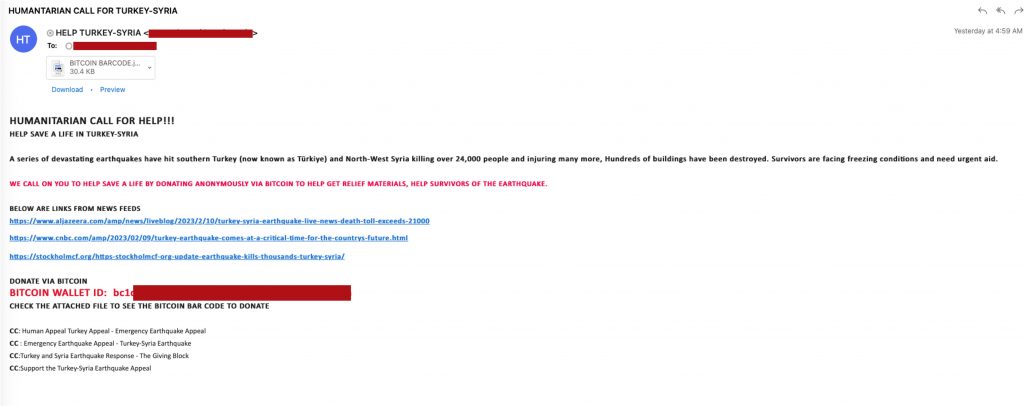
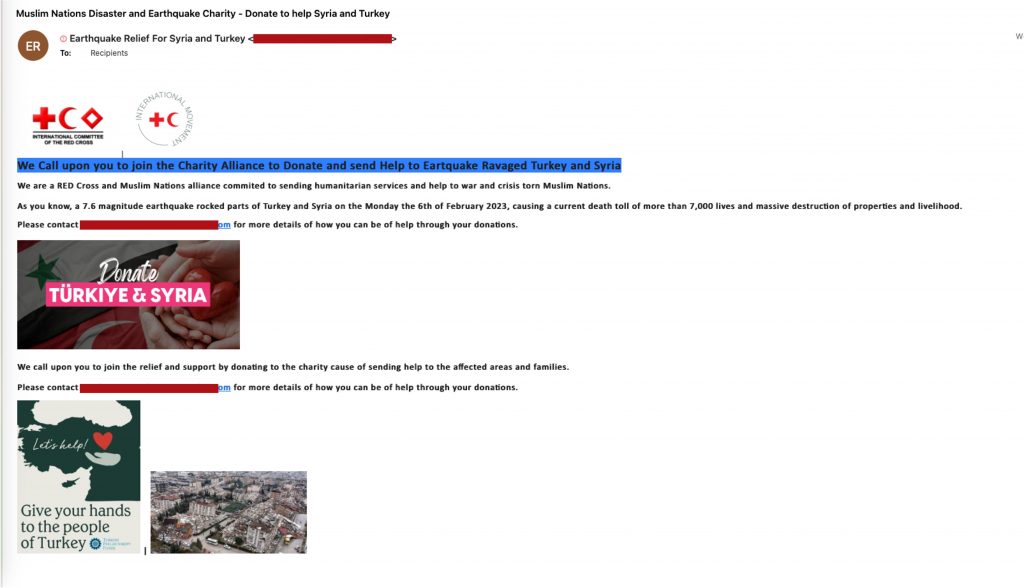
Turkey Earthquake Fake Twitter and PayPal Scams
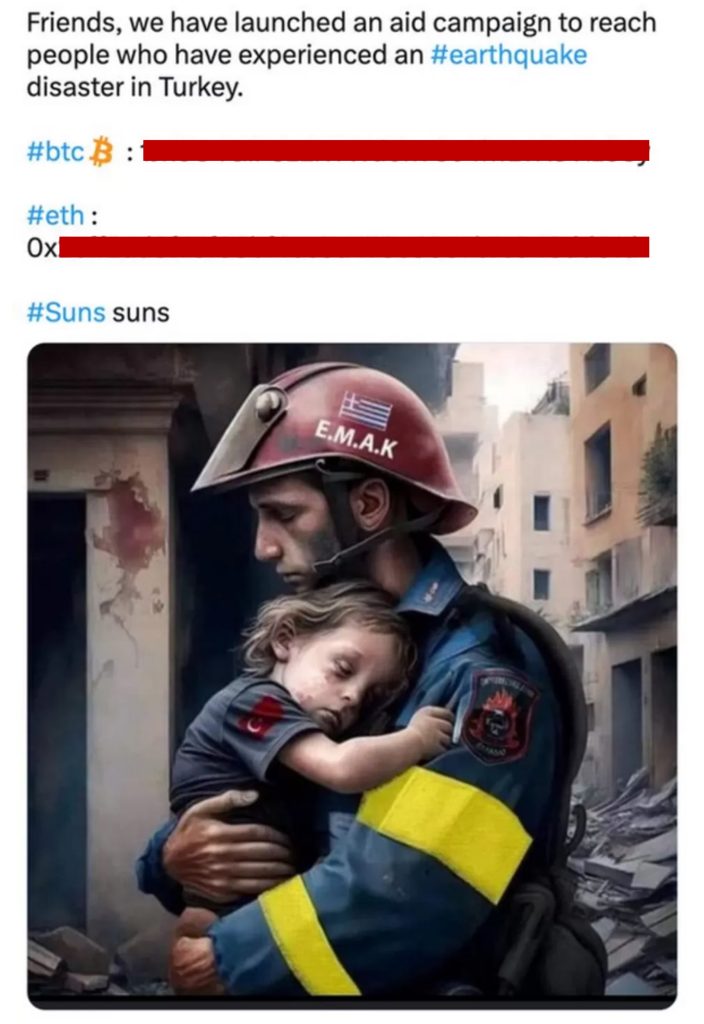
The above image has been generated by AI. One clue is the fact that it’s messed up and given the firefighter SIX FINGERS! It has also inexplicably paired a Greek firefighter with a Turkish child.
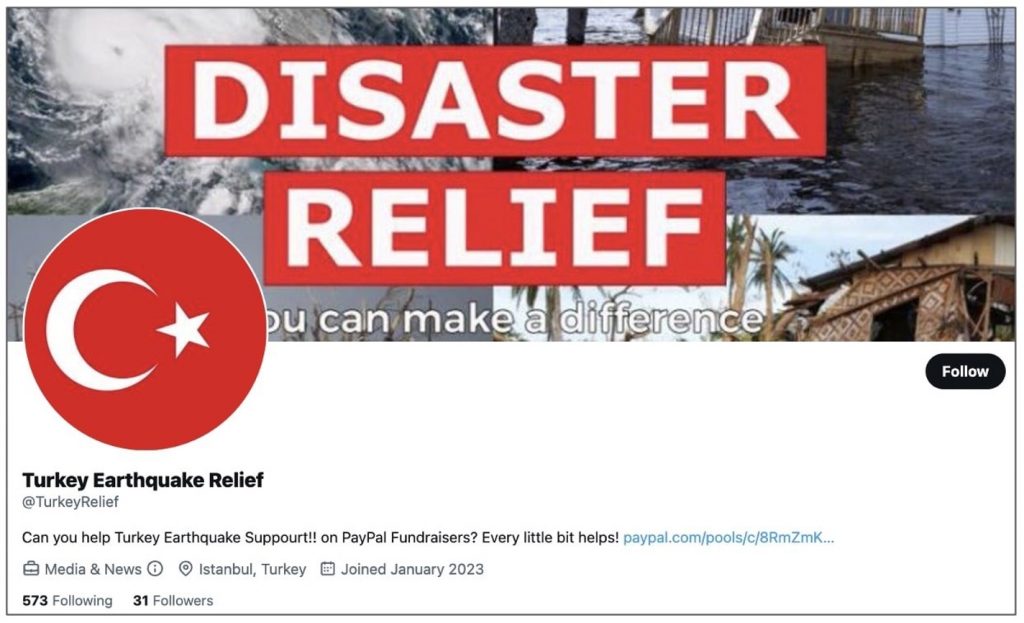
Meanwhile, this fake NGO Twitter profile suddenly appeared, had no affiliations, and had just 31 followers — including bots. Thankfully, these Twitter profiles have been taken down after they were reported — unfortunately, the latter’s corresponding PayPal page still appears to be live.
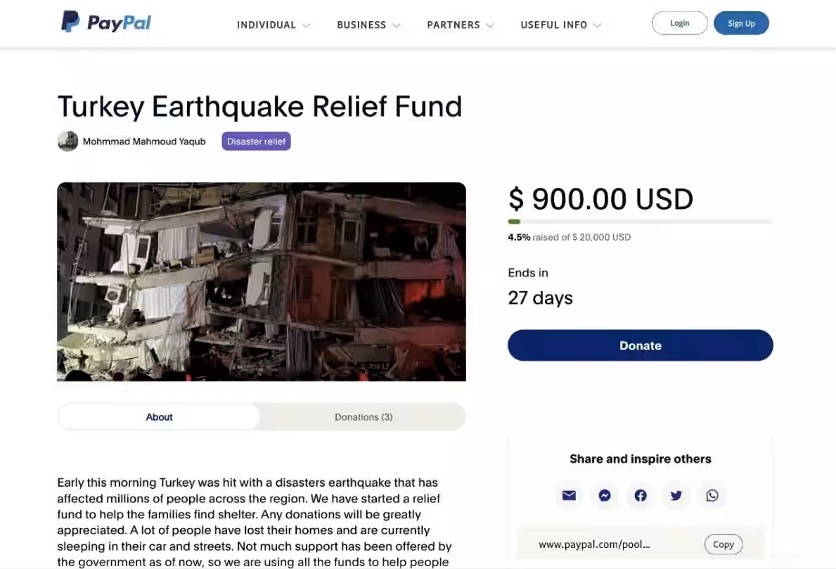
As observers have pointed out, the creator of this page donated to his own fund to increase the figure and make it appear more convincing! There are many similar fake funding pages. Two red flags to watch out for are: suspiciously low amounts of money donated so far, and if they claim to be based in Turkey — which is highly unlikely.
In response to these fake pages, PayPal has stated:
“PayPal teams are always working diligently to scrutinize and ban accounts, particularly in the wake of events like the earthquake in Turkey and Syria, so that donations go to intended causes. We also encourage the community to flag any suspicious activity to the company. As always, we recommend that anyone looking to support disaster relief efforts do so through verified, reputable organizations or corporate campaigns.”
Turkey Earthquake TikTok Scams

The image on the left has been making the rounds on TikTok and purports to show a child victim of the earthquake — accompanying it are pleas for donations and various tugs of the heartstrings. Unfortunately, this picture is unrelated: it was taken during the Afrin campaign during a phase of the Syrian Civil War.
In response to posts like this, TikTok have stated:
“We are deeply saddened by the devastating earthquakes in Turkey and Syria and are contributing to aid earthquake relief efforts … We’re also actively working to prevent people from scamming and misleading community members who want to help.”
What You Can Do
To summarize, watch out for the above schemes — don’t let the scammers get away with it. Remember to do your research, and stick to the big names. For further reference, this Middle-Eastern news website has published a good article with some helpful suggestions for who to donate to.
We would encourage readers to use our FREE Trend Micro ScamCheck tool and detect scams with ease: ScamCheck is an all-in-one browser extension and mobile app for detecting scams, phishing attacks, malware, and dangerous links.
After you’ve pinned the ScamCheck extension, it will block dangerous sites automatically! (Available on Safari, Google Chrome, and Microsoft Edge.)
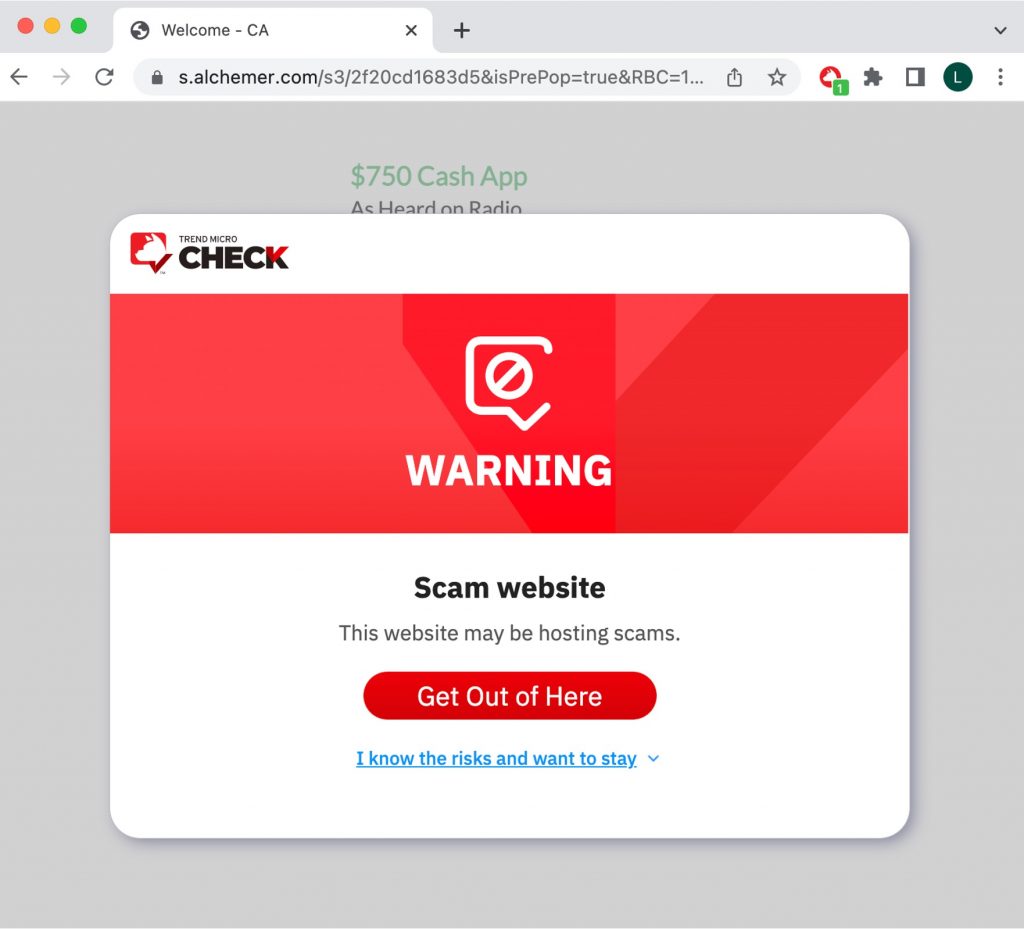
You can also download the ScamCheck mobile app for 24/7 automatic scam and spam detection and filtering. (Available for Android and iOS).
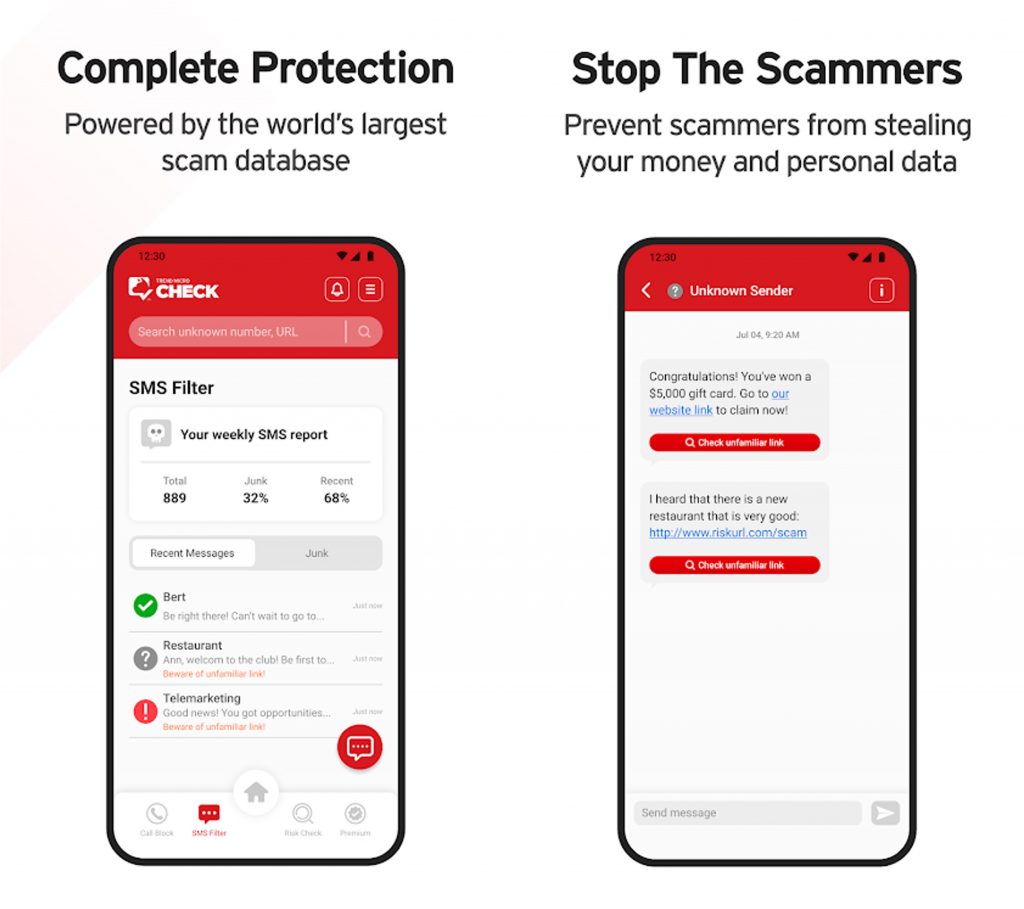
Check out this page for more information on ScamCheck. And as ever, if you’ve found this article an interesting and/or helpful read, please do SHARE it with friends and family to help keep the online community secure and protected. And don’t forget to leave a like and a comment.
